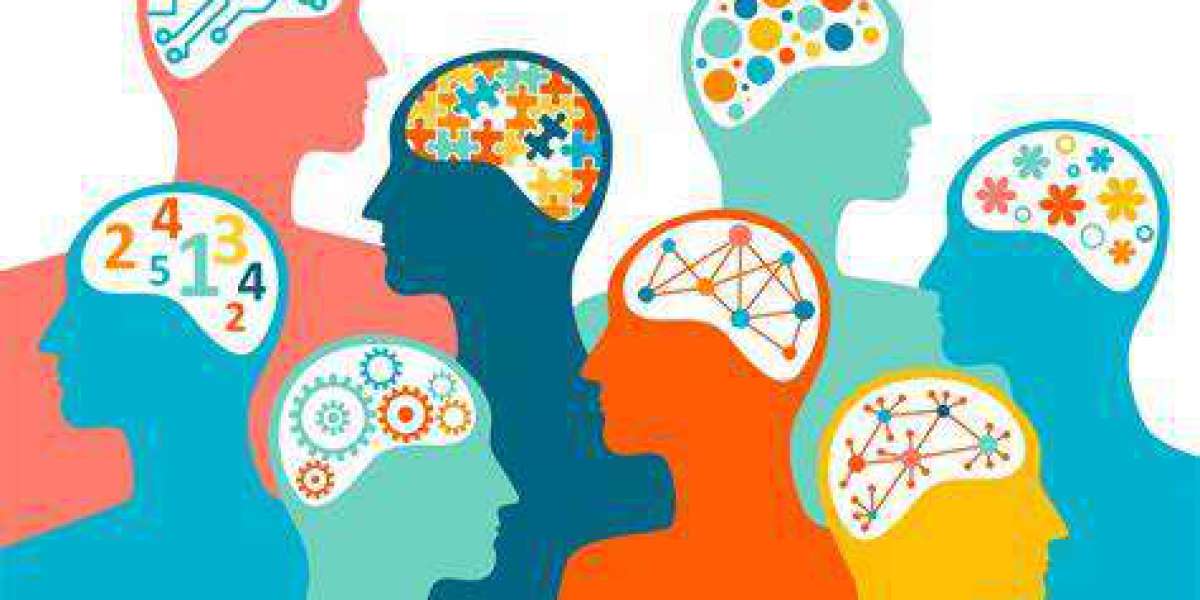In such an environment, a child with ADHD may be raised to feel worthless, misunderstood, and unsupported. This article will explore the emotional and psychological impact of growing up with ADHD in a hostile family environment and discuss strategies for coping and healing in adulthood.
The Childhood Experience: Neglect, Abuse, and Misunderstanding
1. The Lack of Understanding and Empathy
Children with ADHD often require more patience, understanding, and support than their neurotypical peers. However, in a family environment where ADHD is not acknowledged or is dismissed as mere laziness or stupidity, these children are often left to struggle alone.
Instead of receiving empathy, they may be subjected to constant criticism, belittlement, and harsh discipline. This lack of understanding can severely damage a child's self-esteem and sense of self-worth.
2. Forced Conformity and Loss of Autonomy
A child with ADHD may struggle with tasks such as following routines, completing chores, or focusing on homework. In a supportive environment, these challenges would be addressed with accommodations and encouragement. However, in a toxic family setting, the child may be forced to conform to rigid expectations without regard for their unique needs.
They might be forced to eat when they're not hungry, wake up at specific times regardless of their sleep needs, or clean up immediately even if they are deeply engaged in another task. This loss of autonomy can lead to feelings of helplessness, frustration, and resentment.
3. Emotional Abuse and Constant Criticism
Verbal abuse, such as being called lazy, stupid, or worthless, can have a devastating impact on a child's mental health. For a child with ADHD, who may already feel different or inadequate, these negative messages can become internalized, leading to a deep-seated belief that they are indeed worthless.
Over time, this can contribute to the development of anxiety, depression, and other mental health issues.
4. The Absence of Support and Positive Reinforcement
Children with ADHD thrive on positive reinforcement and encouragement. However, in a family environment that only focuses on their perceived failures and shortcomings, these children are deprived of the support they need to build confidence and resilience.
Without positive reinforcement, they may struggle to develop a healthy self-image and the motivation to overcome challenges.
The Adult Experience: Lingering Effects and Continued Struggles
1. The Lasting Impact on Self-Esteem and Identity
Adults who grew up in a toxic family environment often carry the wounds of their childhood into their adult lives. They may struggle with low self-esteem, a distorted self-image, and a pervasive sense of inadequacy.
These feelings can manifest in various aspects of their lives, including their relationships, careers, and personal development. The constant criticism they received as children may lead them to doubt their abilities and feel undeserving of success or happiness.
2. Difficulty Establishing Boundaries
Growing up in an environment where their needs and boundaries were constantly disregarded can make it difficult for adults with ADHD to establish and maintain healthy boundaries in their relationships.
They may find themselves in situations where they are taken advantage of or mistreated, as they struggle to assert their needs and protect themselves from harm.
3. Ongoing Conflict with Family
Even in adulthood, the toxic dynamics of the family may persist. The family may continue to dismiss the individual's ADHD, criticize their choices, and impose their own expectations. This can lead to ongoing conflict, stress, and emotional turmoil.
The individual may feel trapped in a cycle of trying to gain their family's approval while also resenting the lack of understanding and support.
Coping and Healing: Strategies for Moving Forward
1. Acknowledging the Reality of the Past
The first step towards healing is acknowledging the reality of the past and recognizing the impact it has had on your life. This may involve coming to terms with the fact that your family environment was harmful and that the negative messages you received were not a reflection of your true worth.
This process can be difficult, but it is essential for breaking free from the harmful beliefs instilled during childhood.
2. Seeking Therapy and Professional Support
Therapy can be a valuable tool for healing from the trauma of growing up in a toxic environment. A therapist can help you work through the emotions and experiences that continue to affect you and provide strategies for building self-esteem, setting boundaries, and developing healthier relationships.
Cognitive-behavioral therapy (CBT) and trauma-informed therapy are particularly effective for addressing the long-term effects of emotional abuse and neglect.
3. Building a Support Network
As an adult, it is important to surround yourself with people who understand and support you. This may involve distancing yourself from toxic family members and seeking out friendships and relationships with individuals who are empathetic, understanding, and supportive of your needs. A strong support network can provide the encouragement and validation you may have lacked during childhood.
4. Establishing Boundaries
Learning to set and enforce boundaries is crucial for protecting your mental and emotional well-being. This may involve limiting contact with family members who continue to be abusive or critical, or it may mean asserting your needs and preferences in your interactions with others. Boundaries are a way of reclaiming your autonomy and ensuring that your needs are respected.
5. Practicing Self-Compassion
One of the most important aspects of healing is learning to be compassionate towards yourself. This means recognizing that you are not to blame for the way you were treated as a child and that you deserve love, respect, and kindness. Self-compassion involves treating yourself with the same understanding and care that you would offer to a friend who has gone through similar experiences.
6. Focusing on Personal Growth and Empowerment
Finally, it is important to focus on your own growth and empowerment. This may involve pursuing your passions, developing new skills, and setting goals for the future. By taking control of your life and investing in your own well-being, you can begin to rebuild your self-esteem and create a more fulfilling and positive life.
Conclusion
Growing up with ADHD in a neglectful and abusive family environment can have profound and lasting effects on an individual's mental health and well-being. However, with the right support and strategies, it is possible to heal from the wounds of the past and build a brighter future. By acknowledging the impact of their upbringing, seeking therapy, establishing healthy boundaries, and practicing self-compassion, individuals with ADHD can begin to reclaim their sense of worth and live a more empowered and fulfilling life.



